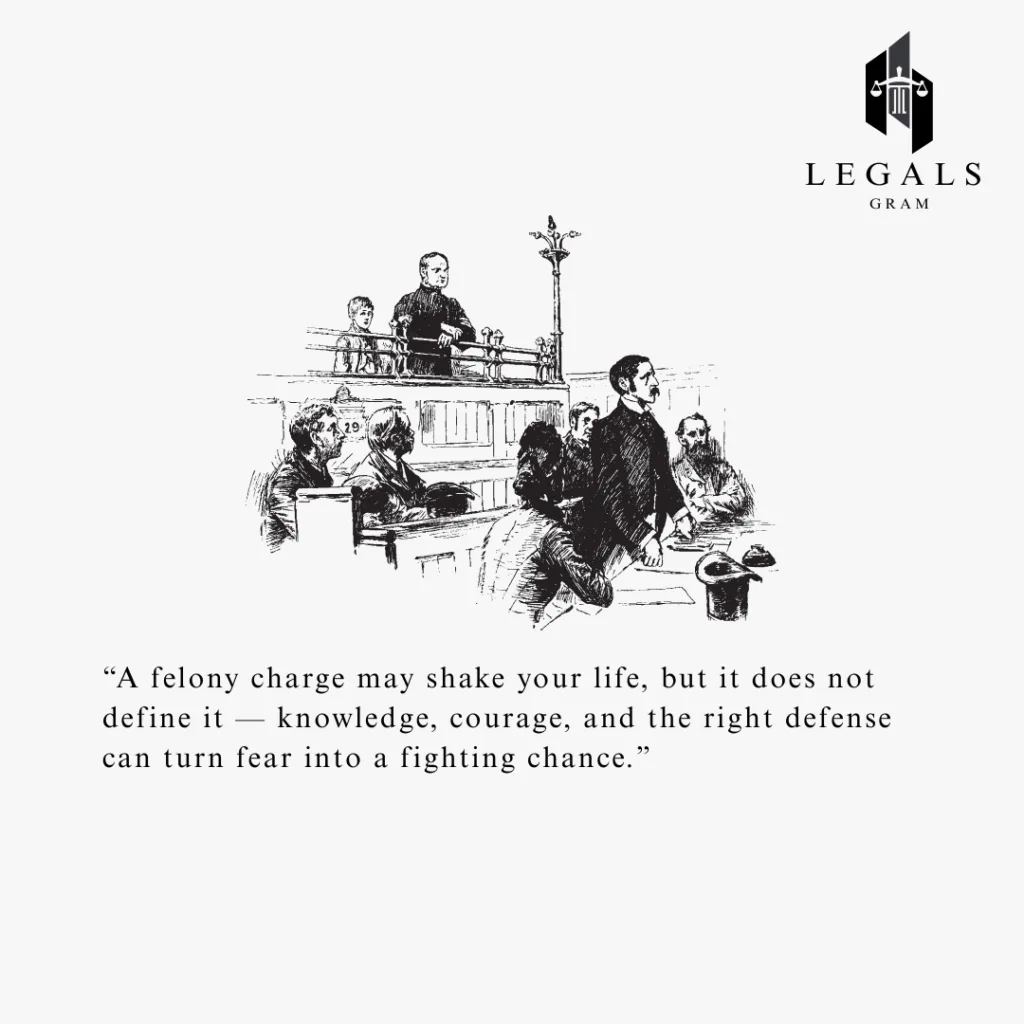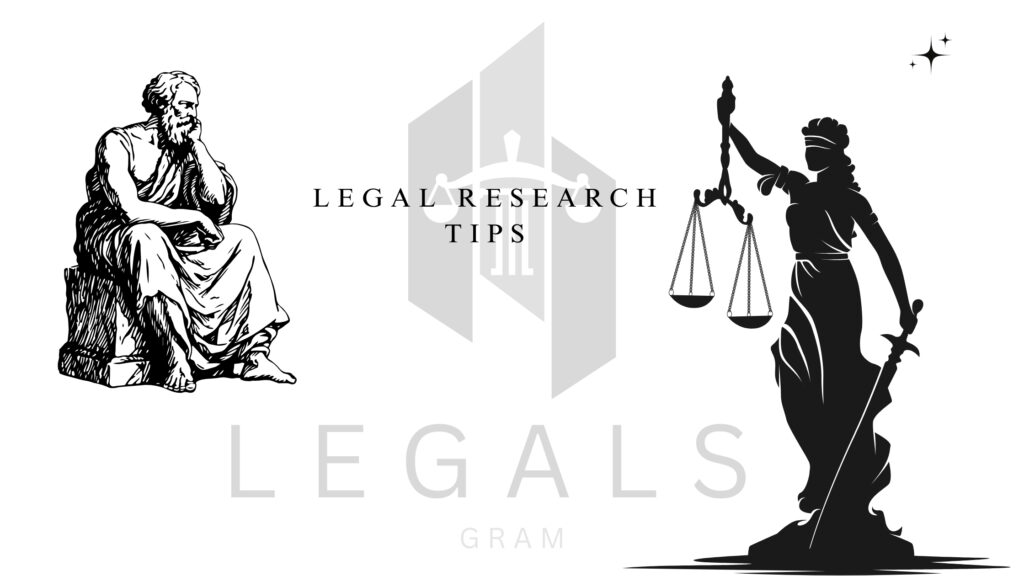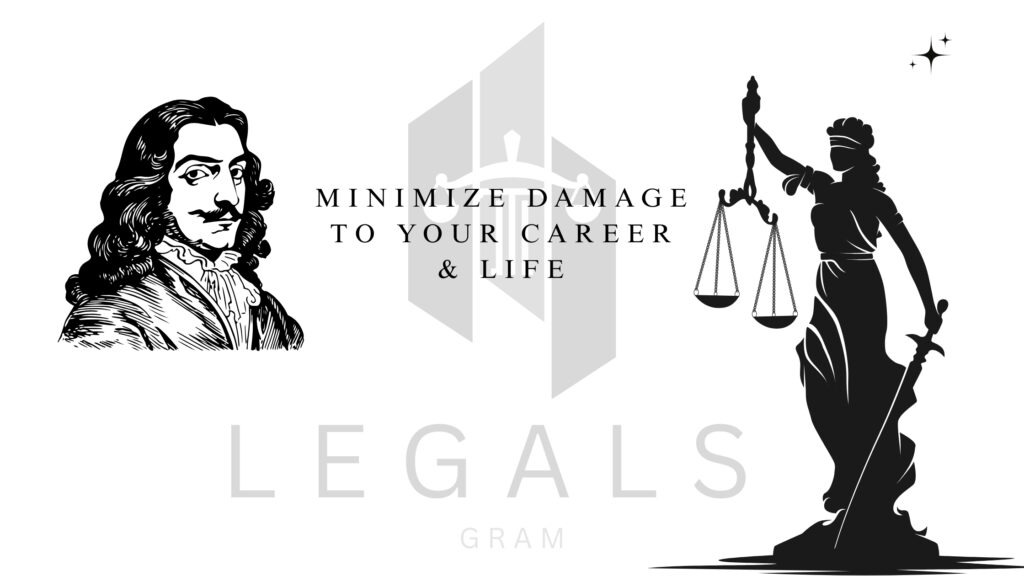Imagine this: You are going through the headlines of the news and you come across an announcement that a Local Man is charged with a Felony. Your stomach drops. What does that even mean? How serious is it really?
I have years of my life assisting people in understanding the legal terminologies when they never imagined that they would have to know any of them. I will decomposed all the facts concerning felony charges in simple English today. No legal jargon. No confusing terms. Just the facts you need.
What is the Definition of a Felony?
Let me start simple. A felony is a serious crime. That’s it.
This is where it becomes a bit tricky though as it all depends on what you are in terms of location. Felony in most states constitutes any criminal offense that is imprisoned to a period of over one year. Other states claim that it is any crime that would take someone into a state prison (not a county jail).
Imagine it like this: When one might spend more than a year in prison, then it is most likely a felony. In case they are looking at a lesser time, it may probably be a misdemeanor.
What is the Definition of a Charge of a Felony?
A felony charge is actually the accusation made against a person in favor of having been involved in a felony crime. It is similar to taking a finger and declaring, “We believe you did this grave thing.
Being charged does not imply guilt. It is an indication that the government has sufficient evidence that they can bring you to court. Quite a difference, a difference I have witnessed too many having confused.
Here’s what happens when someone gets a felony charge:
- Police arrest the person
- Prosecutors review the case
- A judge or grand jury decides if there’s enough evidence
- The formal charge gets filed
Remember: Charged ≠ Convicted. You’re innocent until proven guilty in court.
Felony vs Misdemeanor: The Key Differences
I get asked this question almost daily. The main differences come down to three things:
Punishment Severity:
- Felonies: More than 1 year in prison
- Misdemeanors: Up to 1 year in jail
Where You Serve Time:
- Felonies: State or federal prison
- Misdemeanors: County or local jail
Long-term Impact:
- Felonies: Lose voting rights, can’t own guns, job restrictions
- Misdemeanors: Fewer long-term consequences
But wait – there’s more to consider. The fallout from a felony charge can affect your entire life, not just your freedom.
Felony vs Crime: Understanding the Relationship
And here is where people have been confused, all felonies are crimes but not all crimes are felonies.
Think of it like this:
- Crime = The big umbrella term for breaking the law
- Felony = A specific type of serious crime
- Misdemeanor = A less serious type of crime
- Infraction = Minor violations (like traffic tickets)
It’s like saying all roses are flowers, but not all flowers are roses. Simple, right?
What is the Most Common Felony Charge?
There is drug possession in this category. Precisely, the membership of the controlled substances such as cocaine, heroin, or bulk of marijuana.
However, here is what surprises people the most common changes depending on location and time. In some areas, it might be:
- Drug trafficking
- Burglary
- Assault with a deadly weapon
- Grand theft
I have observed dominance of drug related felonies due to the characteristics of the laws against drugs. Minor offending may be misdemeanors but reach a certain level, and bang – you are now confronted with felony charges.
Felony Examples: Real-World Cases
Let me give you concrete examples. These are the felonies I see most often:
Violent Felonies:
- Murder (all degrees)
- Rape and sexual assault
- Armed robbery
- Aggravated assault
Property Felonies:
- Burglary (breaking into homes or businesses)
- Grand theft (stealing items worth over $500-$1,000, depending on state)
- Arson
- Auto theft
Drug Felonies:
- Possession of large amounts
- Drug trafficking
- Manufacturing drugs
- Selling near schools
White-Collar Felonies:
- Embezzlement
- Wire fraud
- Tax evasion
- Identity theft
Other Common Felonies:
- DUI (third offense or with injuries)
- Weapons charges
- Child abuse
- Domestic violence (in some cases)

Comprehensive Felony Charges List
Every state has its own list, but here are the categories you’ll find everywhere:
Class A Felonies (Most Serious):
- First-degree murder
- Terrorism
- Treason
- Kidnapping with ransom
Class B Felonies:
- Second-degree murder
- Armed robbery
- Rape
- Major drug trafficking
Class C Felonies:
- Voluntary manslaughter
- Aggravated assault
- Grand theft
- Burglary
Class D Felonies:
- Drug possession (large amounts)
- Forgery
- Stalking
- Theft (mid-range amounts)
Want to understand the difference between felony and misdemeanor consequences? Check out our detailed comparison guide.
Misdemeanor vs Felony Examples
Sometimes the line seems thin. Let me show you:
Theft Examples:
- Misdemeanor: Stealing a candy bar ($2)
- Felony: Stealing a bicycle ($800)
Assault Examples:
- Misdemeanor: Pushing someone in a bar fight
- Felony: Hitting someone with a baseball bat
Drug Examples:
- Misdemeanor: Having a small amount of marijuana
- Felony: Having 50 pounds of marijuana
DUI Examples:
- Misdemeanor: First-time DUI, no injuries
- Felony: Third DUI or DUI that causes injury
It depends on the quantity, the conditions and your criminal background. What could be a misdemeanor to one individual would be the felony to another.
What is a Class A Felony?
Class A felonies are the most serious crimes in most states. We’re talking about:
- Life sentences
- Death penalty (in some states)
- Decades in prison
These include crimes like:
- First-degree murder
- Aggravated rape
- Major drug trafficking operations
- Terrorism
However, the thing is that not all states utilize this system of classification. There are those that use numbers (Class 1, 2, 3) or varying letters. Watch the laws of your particular state.
What is Felony in Criminology?
By criminology terms, felonies are the most severe crimes against social norms and laws of society. Criminologists study felonies to understand:
Social Impact:
- How these crimes affect communities
- Patterns in who commits them
- Why they happen
Rehabilitation vs Punishment:
- What works to prevent repeat offenses
- How long sentences should be
- Whether prison actually helps
Prevention Strategies:
- Early intervention programs
- Community policing
- Social services
Felonies are viewed by criminologists not only as crimes, but also as consequences of greater societal problems, such as poverty, lack of education and mental health.
Legal Consequences: What Happens Next?
Getting charged with a felony starts a long process. Here’s what typically happens:
Immediate Consequences:
- Arrest and booking
- Bail hearing
- Pretrial detention (maybe)
Court Process:
- Arraignment
- Plea negotiations
- Trial (if no plea deal)
- Sentencing
Long-term Impact:
- Prison time
- Fines and restitution
- Probation or parole
- Loss of civil rights
- Employment difficulties
- Housing restrictions
The timeline can stretch months or years. Our guide on criminal case timelines breaks down what to expect.
Defense Strategies: Your Options
Facing felony charges doesn’t mean automatic conviction. Common defense strategies include:
Challenging the Evidence:
- Illegal search and seizure
- Contaminated evidence
- Chain of custody issues
Procedural Defenses:
- Violations of constitutional rights
- Missed deadlines by prosecutors
- Improper jury selection
Substantive Defenses:
- Self-defense
- Alibi
- Lack of intent
- Mental incapacity
Sometimes cases get dismissed entirely. Learn about seven legal reasons criminal cases get dismissed.
The Path Forward: Clearing Your Record
Even after conviction, options exist:
Expungement:
- Seals or destroys court records
- Not available for all felonies
- State-specific requirements
Pardons:
- Governor or president forgives the crime
- Doesn’t erase the record
- Very rare
Certificate of Rehabilitation:
- Shows you’ve reformed
- Helps with employment
- Restores some rights
Understanding the difference between these options matters. Our expungement vs pardon guide explains everything.
Final Thoughts
Felony cases are no laughing matter. They are able to transform your life. However, knowledge about the system can assist in better choices.
Remember these key points:
- Charges aren’t convictions
- Every case is different
- Good legal representation matters
- Options exist even after conviction
Do not delay, in case you are being charged. Get help immediately. Your current choices will impact the rest of your life.
The legal system appears frightening and bewildering. It is. However, you can make it through with the aid and the proper information. One has power in knowledge – apply it.
This blog provides general information only. It’s not legal advice. Every case is different. If you’re facing criminal charges, consult with a qualified attorney immediately.



